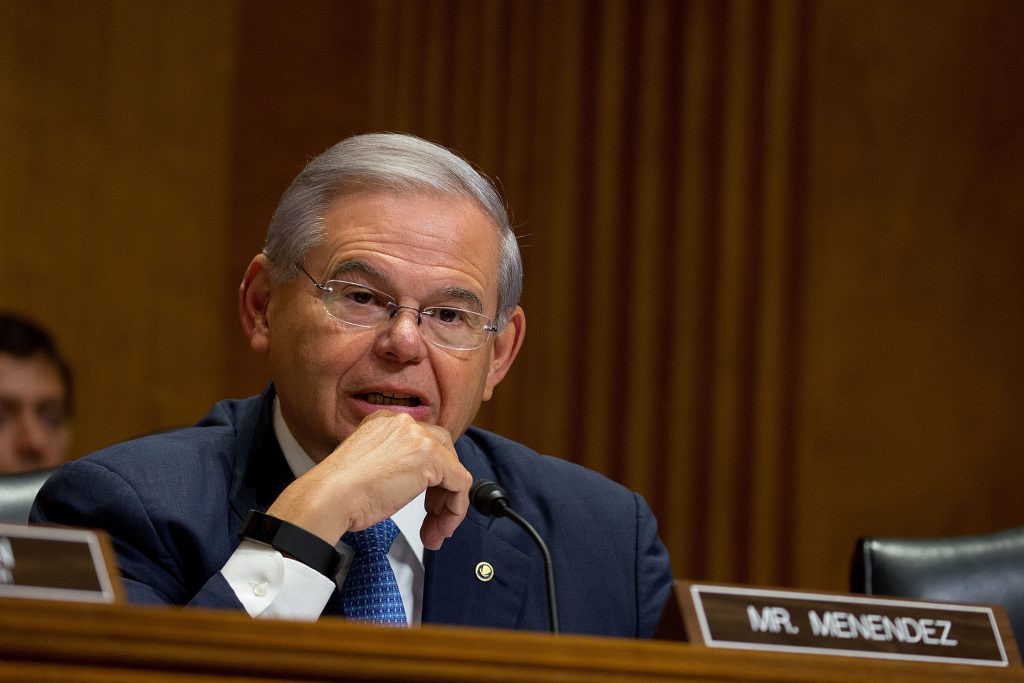My father has something that I’ll probably never have, and I envy him for it: lifelong friendships. He just turned 76 and he has two friends back home in Central California — Tom and Frank — whom he met in high school.
Friends for more than 60 years. Are you kidding me?
I don’t really do the friends thing. In fact, my wife — who hails from Guadalajara, Mexico, and attracts friendships like a flower attracts bees — teases that I have no friends.
That’s not quite true. But it’s close. I have lots of acquaintances, but very few friends.
What’s the reason? Take your pick.
I moved four times in my 30s. We’re all so busy. And I work in a profession where, there are times, it seems everyone wants something from you. This sort of thing breeds distrust.
I’m also part of the first generation of spouses that goes around bragging about how we married our best friends. If your best friend is also your husband or wife, the friend bond gets overridden by the marital one.
And, to top it off, we’re all plugged into social media sites like Facebook, which cheapen the very concept of friendship. When everyone is your friend, no one is your friend.
You’ve heard it said that, while family lasts forever, friends come and go. In the film “Stand by Me,” the narrator — played by Richard Dreyfuss — offers an observation: Friends come in and out of your life like busboys in a restaurant.
You hope that a few pals stick around — through the good times and the bad. They might help you weather the setbacks, and live with the mistakes. Maybe they’ll be there when it’s time to say goodbye to loved ones.
Yet, it’s an undeniable fact of life that, throughout our days, we’re going to replace old friends with new friends, and then replace them all again. And many of them will drift away.
Still, I’ve come to realize in my later years that good and loyal friends are one of life’s greatest blessings.
In fact, you could say, the concept of friendship is so important that it’s worth defending in federal court.
Witness the recent bribery and corruption trial of Democratic Sen. Bob Menendez of New Jersey, which came to an end when U.S. District Judge William Walls declared a mistrial. Despite more than six days of deliberations, the jury declared itself deadlocked on all 18 counts against the New Jersey politician and his codefendant, Salomon Melgan. The wealthy Florida eye doctor was accused of buying political favors from Menendez with luxury vacations and campaign contributions.
In a novel roll of the dice that ultimately proved successful, the defense didn’t bother denying that favors were exchanged between the two men. But they did deny there was something nefarious going on.
Their explanation: friendship. Menendez and Melgan had been friends for more than 20 years.
Senators are people, too, the lawyers argued. And they’re allowed to have friends like the rest of us. So why can’t they do favors for those friends — as long as it’s not a direct quid pro quo in return for gifts or cash?
In the end, it seems, enough jurors bought that line of defense as offering enough of a reasonable doubt as to the men’s guilt that it deadlocked the jury and prompted the mistrial.
Menendez thanked his family and supporters, and chalked up the verdict to “New Jersey common sense.”
Not that the 63-year-old senator is totally out of the woods. At least not yet. Prosecutors could retry him, although they’d probably wind up with the same result if they did.
The Senate Ethics Committee has said it would resume an inquiry into Menendez that it started in 2012, but later deferred because of the pending criminal investigation.
And to think this whole nightmare for the New Jersey senator started not during a Republican administration, but under a Democratic president who, one would have assumed, would have been kinder and fairer to one of his own.
Still, politics can be complicated. Even as a Democrat, Menendez had long been a significant thorn in the side of the Obama administration. He spoke out against the Iran nuclear deal and — as a Cuban-American — emerged as an outspoken critic of Obama’s efforts to open diplomatic relations with Cuba. So the administration went after him tooth and nail.
But Menendez fought back against the power and strength of the federal government, armed with the only weapon he had at his disposal. It was simple and pure — and, ultimately, triumphant.
Score one for friendship.
Ruben Navarrette is a syndicated columnist with The Washington Post Writers Group, a member of the USA Today Board of Contributors, a columnist for the Daily Beast, author of “A Darker Shade of Crimson: Odyssey of a Harvard Chicano” and the host of the podcast “Navarrette Nation.”

